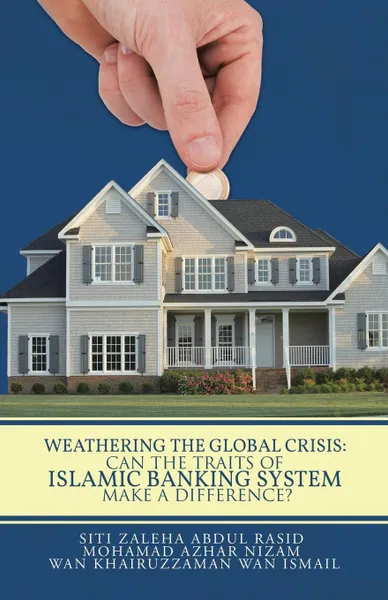Weathering the Global Crisis. Can the Traits of Islamic Banking System Make a Difference? 12+
Автор: Wan Khairuzzaman Wan Ismail
2014
96 страниц
Категория: Финансы
ISBN: 9781482891423
Язык: Английский
📒 This book is for those interested to know more about Islamic banking. In addition, it provides insights to both regulators and practitioners to focus their efforts in balancing their portfolio and improving the health of their Islamic banks for the future. Past studies have shown that Islamic banks, unlike their conventional banking counterparts, were better able to weather the global financial crisis partly due to the nature of the Islamic finance which prohibits excessive risk taking. In this book, the authors review the Islamic finance in terms of governance and firms' characteristics. We elaborate the relationships between corporate governance and firm characteristics with Risk Weighted Capital Adequacy Ratio (RWCAR) of full-fledged Islamic Banks in Malaysia. The motivation for the study is to seek whether the RWCAR of Islamic banks is influenced by the Corporate Governance and Firm Characteristics variables post 2008 global financial crisis. Descriptive statistics were presented and correlation using Pearson's Model Correlation Coefficient (PMCC) was observed and analyzed. The findings reveal that Corporate Governance has no direct relationship with the RWCAR of Islamic banks in Malaysia. Instead, firm characteristics variables such as Total Financing Assets and Effective Foreign Ownership have a strong relationship with RWCAR.
Мнения
